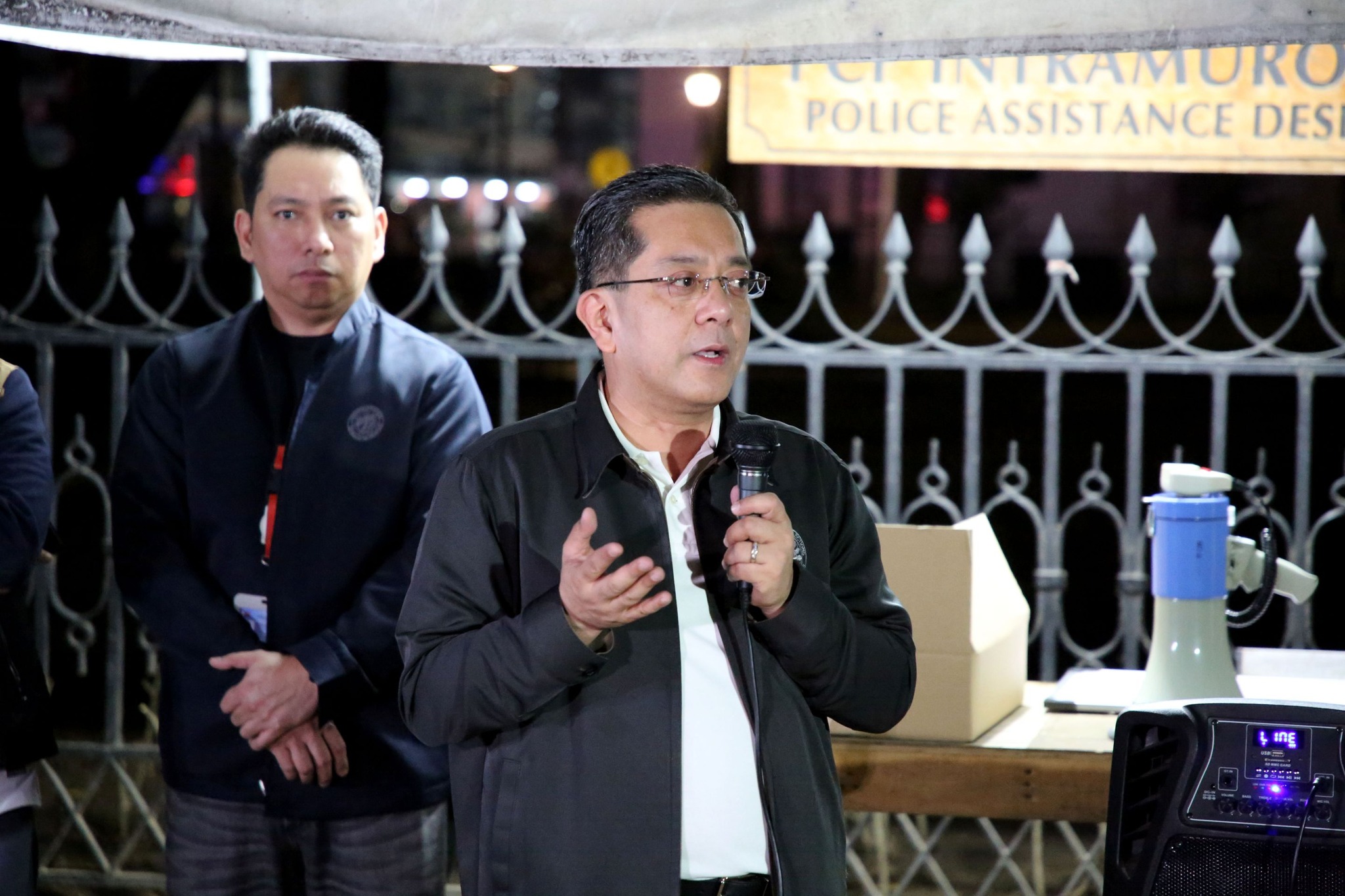MANILA – The Commission on Elections (Comelec) has escalated legal action against a vice mayoral candidate in Reina Mercedes, Isabela, filing a cyber libel complaint on Friday.
Comelec Chairperson George Garcia personally submitted the complaint before the Office of the City Prosecutor in Manila against lawyer Jeryll Harold Respicio. The complaint cites violations of Article 154 of the Revised Penal Code, in relation to Section 6 of Republic Act (RA) No. 10175, also known as the Cybercrime Prevention Act of 2012.
Allegations of Electoral Manipulation
The case originates from a video Respicio uploaded on Jan. 25, where he alleged that he could manipulate vote-counting machines and that hidden backroom programs existed to alter election results. Comelec has strongly denounced these claims, arguing that they not only mislead the public but also erode confidence in the electoral system.
“The videos posted by Atty. Respicio are not only misleading but also dangerous. They create a false narrative that elections can be rigged, conditioning the public to distrust the electoral process,” Garcia said in a press statement.
He further emphasized that such unfounded claims undermine the integrity of the entire election system and cannot go unpunished.
“A person cannot simply make statements that erode public trust in the electoral system and expect to evade accountability. False claims have consequences,” Garcia asserted.
Understanding Cybercrime and Its Penalties
The Cybercrime Prevention Act of 2012 (RA 10175) defines and penalizes various offenses committed through information and communication technologies, including cyber libel, cybersex, identity theft, hacking, and online fraud. The law strengthens existing penal provisions under the Revised Penal Code, particularly when offenses are committed using digital platforms.
Cyber libel, the specific charge against Respicio, falls under Section 4(c)(4) of the law, which extends the application of traditional libel under Article 355 of the Revised Penal Code to online content. This means that defamatory statements made through social media, blogs, videos, and other digital platforms are subject to criminal liability, just as if they were published in print.
The penalty for cyber libel is notably harsher than traditional libel. While ordinary libel under the Revised Penal Code is punishable by prision correccional (six months to six years imprisonment), cyber libel carries a penalty of prision mayor, which ranges from six years and one day to up to eight years. In addition, a convicted individual may be ordered to pay substantial fines as determined by the court.
Under Section 6 of RA 10175, cybercrime offenses are subject to higher penalties than their traditional counterparts due to their increased reach and potential for widespread harm. The law also empowers the Department of Justice (DOJ) and law enforcement agencies to take swift action in investigating and prosecuting cybercrimes.
Further Legal Actions Against Respicio
In addition to the cyber libel complaint, Comelec’s Task Force Katotohanan, Katapatan, at Katarungan sa Halalan (TFK3H)—which focuses on electoral integrity—will also pursue other legal actions against Respicio, including:
- A Disqualification Case – To prevent Respicio from running for public office in the upcoming elections.
- A Disbarment Case – To be filed before the Integrated Bar of the Philippines (IBP), seeking to revoke his license to practice law due to alleged professional misconduct.
- Revocation of Professional License – Since Respicio is also a certified public accountant, Comelec will seek to revoke his CPA license before the Professional Regulation Commission (PRC).
Combatting Election-Related Cybercrimes
Comelec has intensified efforts to combat misinformation, especially in the digital space, where false narratives can spread rapidly. The poll body has repeatedly assured the public that the automated election system is secure and cannot be tampered with. Officials have emphasized that rigorous security measures, including independent audits and system checks, are in place to prevent fraud.
“Spreading baseless claims about election fraud not only misleads the public but also undermines democracy itself. We must hold accountable those who attempt to distort public perception with false information,” Garcia stressed.
Comelec’s legal actions signal a strong stance against disinformation in elections, setting a precedent that public figures cannot irresponsibly spread false claims without repercussions. The outcome of the case against Respicio could serve as a warning to other individuals who attempt to exploit digital platforms to sow distrust in the electoral process.

